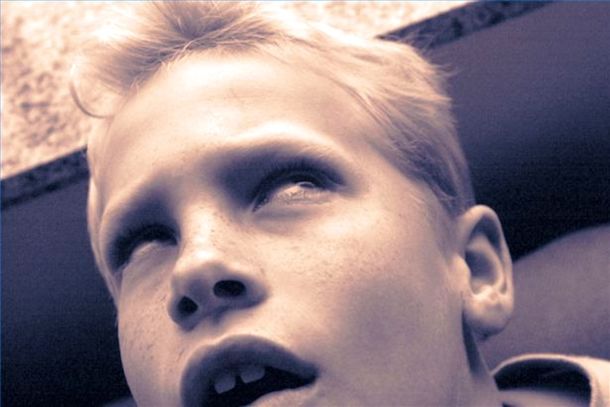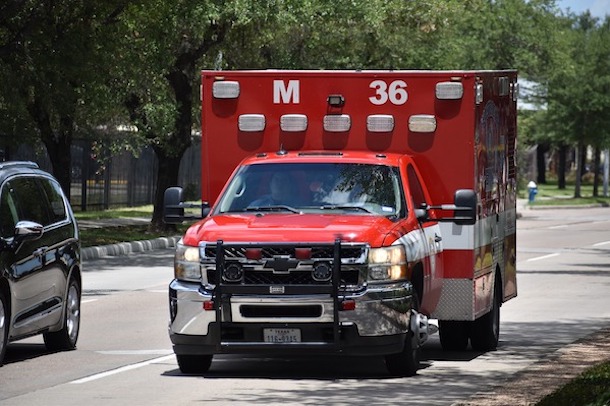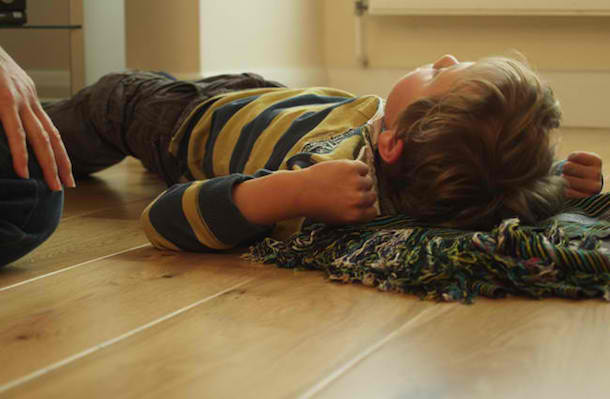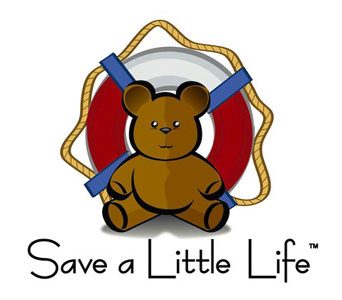LET’S TALK ABOUT SEIZURES AND HOW TO RESPOND TO THEM
If you’ve ever witnessed a person having a seizure, it’s likely that you’ve responded with fear or even revulsion. Or maybe you’ve simply felt helpless not knowing what to do.
So what do you do?
Film or TV portrayals of someone having a seizure might misinform you as to what the proper response actually is, and viewing seizures as evidence of demonic possession, while historical, is also likely to be misleading.
Let’s take a look at some basic facts.
Throughout the body there are electrical currents that facilitate many functions. This is especially true of the heart and brain. Sometimes an incident may occur where the current is short-circuited resulting in a seizure. The seizure itself is not the cause but the result of something, an event brought on by one of many possible causes.
Some possible causes are:
- Use of alcohol and/or drugs
- Flashing lights (like a strobe light)
- Not taking medication prescribed to prevent seizures
- Head injury where the brain is affected
- Rapidly rising high fever in some babies and small children
- A significant drop or rise in blood sugar levels
- A brain tumor

DIFFERENT FORMS OF SEIZURES
Some seizures are short in duration while others last several minutes or longer.
A seizure may exhibit as rapid blinking or staring off into space. Historically, these types of seizures have been called “petit mal” which are a less serious form.
When a seizure involves the whole body, causing shaking and altered consciousness, it is often referred to as “grand mal.”
Some seizures only involve certain parts of the body causing involuntary twitching, confusion, and the inability to respond to someone.
Keep in mind that having a seizure does not mean that a child has epilepsy.
Seizures resulting from rapidly rising, high fevers are the most common seizures seen in the pediatric population. These are referred to as febrile seizures. If you are a parent with infants, toddlers and/or small children it is important that you speak with your pediatrician about fever so you can learn how to treat it.
ARE ALL SEIZURES A MEDICAL EMERGENCY?

The short answer is NO. In relation to some of the causes listed above, however, some seizures may require a paramedic response.
For example, when…
- seizures last more than 5 minutes
- someone is injured during a seizure
- a person is experiencing their first seizure
- someone has breathing problems or the inability to walk normally after a seizure
- the seizures don’t stop
- they occur in water
FIRST AID RESPONSES TO A SEIZURE

While someone is having a seizure…
- do not try to restrain or hold them down during a seizure
- do not put anything in their mouth
- expect short periods of absent breathing, changes in skin color
- do not start CPR or give rescue breaths
- avoid giving the victim food or water
When someone is convulsing it is common for them to bite their tongue, cheek or lips, and bleeding can occur. Do not panic if you see this. Seizure victims DO NOT swallow their tongues.
Stay with the victim until the seizure ends and the person fully awake is able to communicate normally. Many people will be confused afterward.
Speak softly to the victim.
Once a seizure begins to ease off, it is ok to carefully turn the person on their side.



